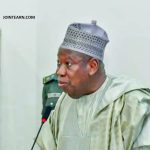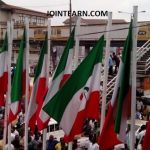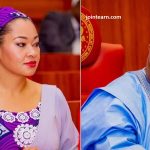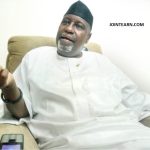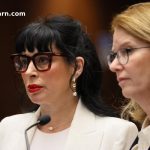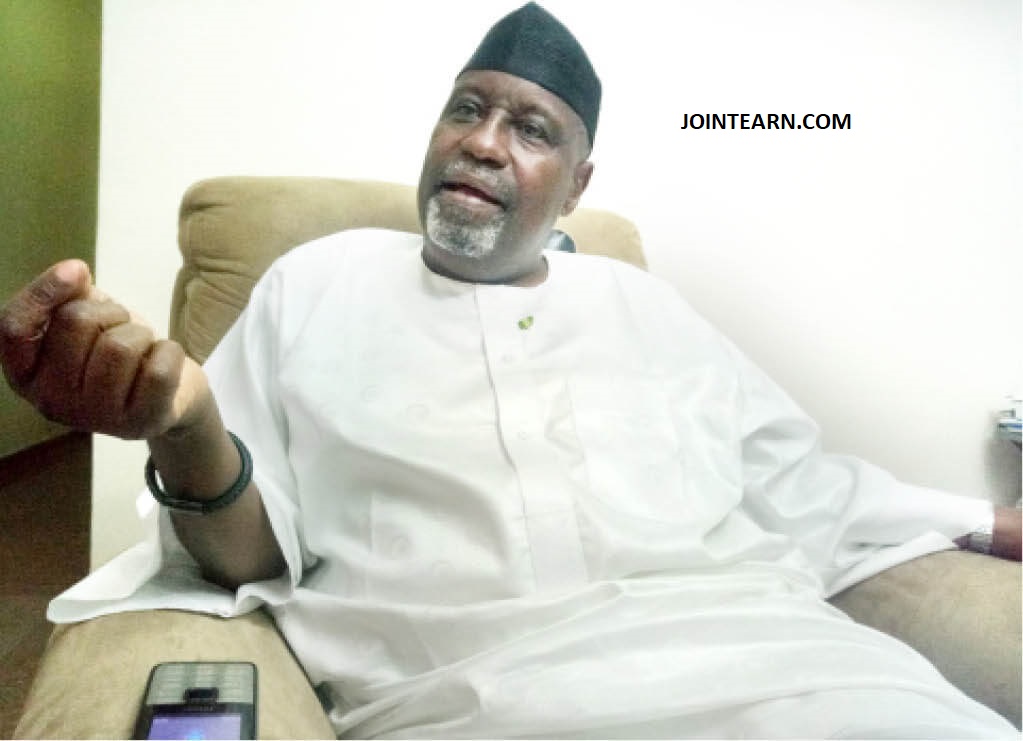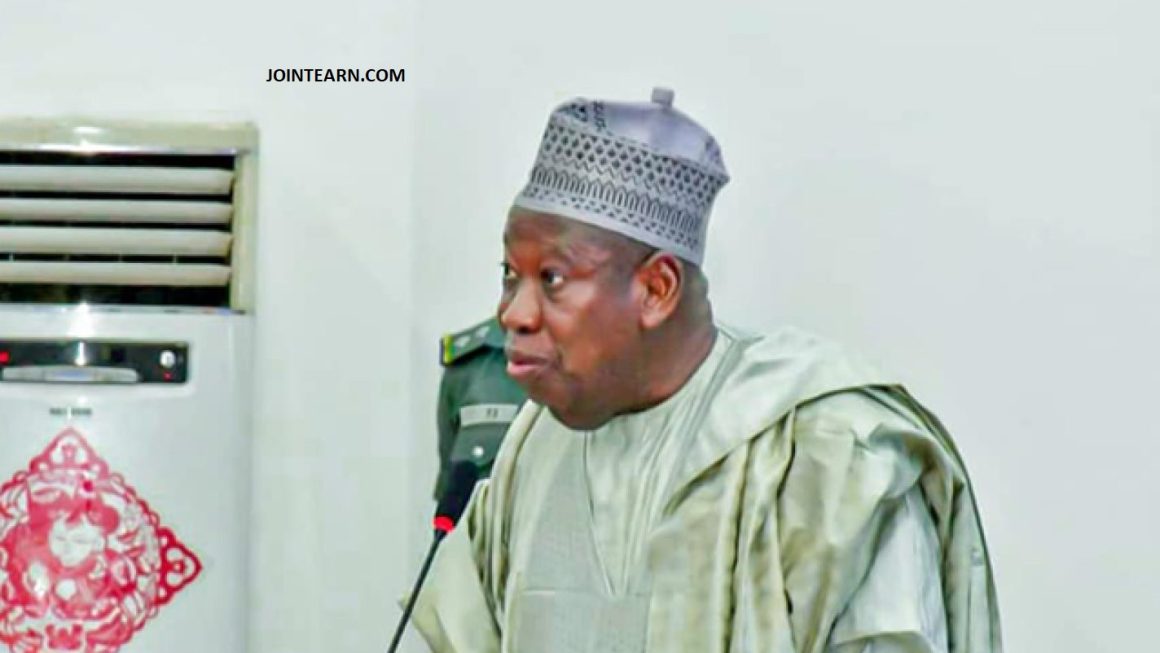A chieftain of the All Progressives Congress (APC), Hon. Aliyu Ibrahim, has dissociated the ruling party from a recent controversial comment made by its National Chairman, Dr. Abdullahi Ganduje, advocating for a one-party system in Nigeria. According to Ibrahim, Ganduje was expressing a personal opinion and not the official position of the APC.
In a recent media appearance, Dr. Ganduje reportedly stated that Nigeria would benefit from becoming a one-party state under the leadership of the APC, describing such a system as a path toward “political stability.” The statement has since sparked backlash from opposition parties, civil society groups, and political commentators, who argue that such a move would be undemocratic and detrimental to Nigeria’s political development.
Reacting to the growing criticism, Hon. Aliyu Ibrahim, a founding member of the APC and former member of the party’s National Executive Committee (NEC), told journalists in Abuja on Monday that the APC remains committed to Nigeria’s multiparty democratic system.
“I want to state clearly that the All Progressives Congress does not support or advocate for the establishment of a one-party state in Nigeria,” Ibrahim said. “Dr. Ganduje was speaking for himself, not for the party. His views do not reflect the principles of internal democracy, pluralism, and political inclusion that the APC has continued to uphold since its inception.”
Aliyu further explained that while the APC welcomes competition and aims to dominate the political space through performance, good governance, and people-focused policies, it does not seek to eliminate the opposition or undermine Nigeria’s democratic structure.
“The strength of any democracy lies in the presence of vibrant opposition parties. The APC, during its time as an opposition party, contributed immensely to political discourse and democratic growth. We must not forget our roots,” he said.
Aliyu’s remarks are seen as an attempt to calm nerves and reassure Nigerians that the ruling party is not planning to suppress opposition voices or erode the democratic gains the country has achieved since 1999.
“This country has paid a huge price to come this far in democratic governance,” he continued. “Our people deserve a system where different voices are heard, where choices are available during elections, and where power remains with the people. We cannot afford to go back to a period where only one ideology was allowed to dominate.”
He also reminded party leaders and public officeholders to be cautious in their public statements, noting that as representatives of a ruling party, their words carry weight and could easily be misinterpreted.
“The APC is a party of progressives. Our ideology is rooted in inclusiveness and accountability. We must not allow personal views to cast doubt on our democratic values,” he added.
Meanwhile, several opposition parties have condemned Ganduje’s comment, describing it as an attempt to drift Nigeria back to military-era authoritarianism. The Peoples Democratic Party (PDP), Labour Party (LP), and other stakeholders have called on President Bola Ahmed Tinubu to publicly clarify the federal government’s stance on the issue.
In response, the presidency has not issued an official statement, but sources within Aso Rock suggest that President Tinubu remains committed to democratic ideals and has no intention of turning Nigeria into a one-party state.
Political analysts have also weighed in, warning against what they describe as “dangerous political rhetoric.” According to them, promoting a one-party system could damage Nigeria’s reputation globally and weaken its democratic institutions.
Professor Tunde Bakare, a political scientist at the University of Abuja, stated, “What Ganduje said should not be taken lightly. These are not mere political remarks; they hint at a possible direction of governance. It is commendable that voices within the APC, such as Aliyu’s, are speaking up to affirm the party’s commitment to democracy.”
As Nigeria continues to navigate its complex political landscape, many believe that statements like Ganduje’s only increase public mistrust in government. Citizens and civil society groups have called for increased vigilance and active participation to protect democratic institutions.
In closing, Hon. Aliyu reiterated his call for unity and adherence to democratic principles. “Let us not be distracted by individual ambitions or unguarded utterances. The APC belongs to the Nigerian people, and we must continue to build it on the foundation of openness, fairness, and political diversity.”
His remarks have been widely circulated as a significant step in managing internal party disagreements and preserving public confidence in Nigeria’s democratic process.
